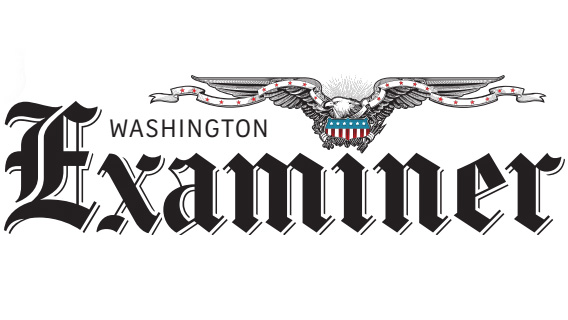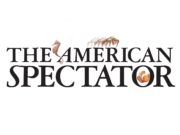President Trump made perhaps his most important decision to date with the nomination of Judge Neil Gorsuch to the Supreme Court. In Gorsuch, Trump has chosen a strong defender of the Constitution and the First Amendment.
In his time on the United States Court of Appeals for the 10th Circuit, Gorsuch consistently wrote or joined pro-free speech rulings. The Center for Competitive Politics found four cases Gorsuch has ruled on concerning press freedom, one case concerning petition rights, and one case on contribution limits. In each instance, he came down on the side of the First Amendment.
In one case, Gorsuch analyzed government harassment and its effect on a citizen’s ability to exercise his First Amendment rights.
The plaintiff alleged that he was physically and verbally intimidated by a Sheriff Deputy to deter him from filing a tax appeal. Gorsuch overturned a district court’s dismissal and remanded the case for further proceedings.
Gorsuch wrote a robust defense of the right to petition government: “[A] private citizen exercises a constitutionally protected First Amendment right anytime he or she petitions the government for redress; the petitioning clause of the First Amendment does not pick and choose its causes. The minor and questionable, along with the mighty and consequential, are all embraced.”
Critics of campaign finance laws will be particularly heartened by Gorsuch’s concurring opinion in the contribution limit case Riddle v. Hickenlooper. Riddle was a challenge to Colorado’s contribution limit laws, which allowed Democratic and Republican candidates to raise twice as much money as minor party and independent candidates. The majority struck down the law as a violation of the equal protection clause.
More interesting than that is Gorsuch’s concurring opinion in the case. He expressed “some uncertainty about the level of scrutiny the Supreme Court wishes us to apply” to contribution limit cases, and signaled that he might support the application of strict scrutiny, the most stringent standard of judicial review. If that were to happen, contribution limits and other restrictions on political speech and association would have a much tougher time in court.
Political speech has been a hot button issue for years. Hillary Clinton promised, if elected, to nominate a justice who would overturn Citizens United v. Federal Election Commission, the 2010 decision that protects corporations’ ability to speak out in support of or opposition to candidates. That 5-4 ruling appears to be in safe hands with a future Justice Gorsuch.
In addition to his good judgment, Gorsuch’s writing is laudable for its clarity and eloquence. He is a fitting choice to fill the seat formerly occupied by the late Justice Antonin Scalia, even if no one can match Scalia’s dry wit.
Trump’s public statements on free speech have at times been troubling, but he has surrounded himself with wise counsel and in his nomination of Gorsuch, it paid off. On the most important decision facing his new administration, the selection of the next justice of the Supreme Court, Trump chose a man with rigor and a deep respect for First Amendment rights.
That’s great news for the First Amendment and free speech.
This post originally ran in The Washington Examiner on February 3rd 2017.














